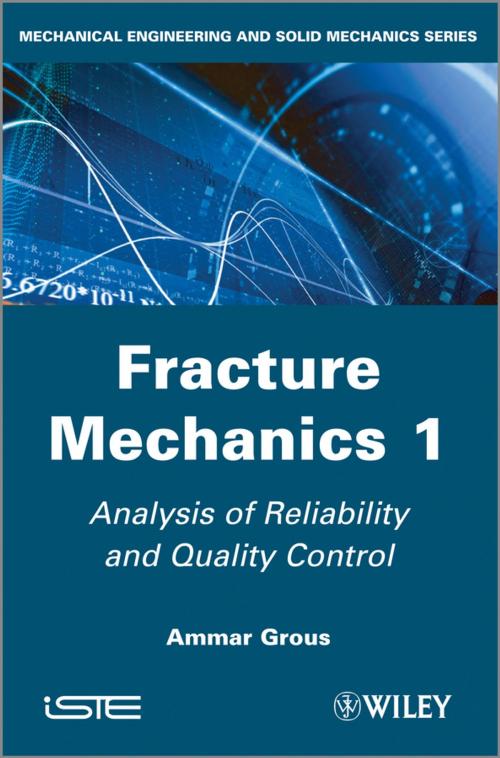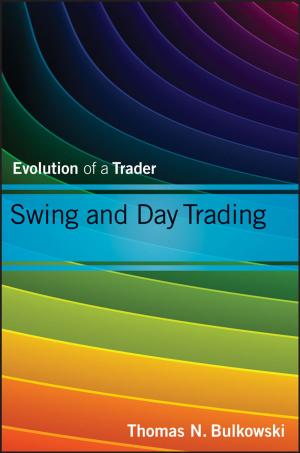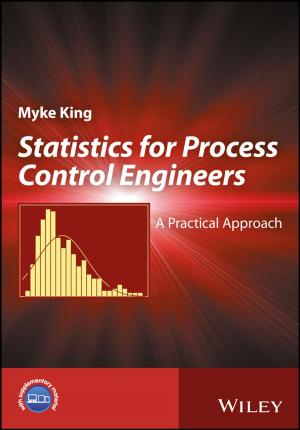Fracture Mechanics 1
Analysis of Reliability and Quality Control
Nonfiction, Science & Nature, Technology, Material Science| Author: | Ammar Grous | ISBN: | 9781118580127 |
| Publisher: | Wiley | Publication: | February 5, 2013 |
| Imprint: | Wiley-ISTE | Language: | English |
| Author: | Ammar Grous |
| ISBN: | 9781118580127 |
| Publisher: | Wiley |
| Publication: | February 5, 2013 |
| Imprint: | Wiley-ISTE |
| Language: | English |
This first book of a 3-volume set on Fracture Mechanics is mainly centered on the vast range of the laws of statistical distributions encountered in various scientific and technical fields. These laws are indispensable in understanding the probability behavior of components and mechanical structures that are exploited in the other volumes of this series, which are dedicated to reliability and quality control.
The author presents not only the laws of distribution of various models but also the tests of adequacy suited to confirm or counter the hypothesis of the law in question, namely the Pearson (x2) test, the Kolmogorov-Smirnov (KS) test, along with many other relevant tests.
This book distinguishes itself from other works in the field through its originality in presenting an educational approach which aims at helping practitioners both in academia and industry. It is intended for technicians, engineers, designers, students, and teachers working in the fields of engineering and vocational education. The main objective of the author is to provide an assessment of indicators of quality and reliability to aid in decision-making. To this end, an intuitive and practical approach, based on mathematical rigor, is recommended.
This first book of a 3-volume set on Fracture Mechanics is mainly centered on the vast range of the laws of statistical distributions encountered in various scientific and technical fields. These laws are indispensable in understanding the probability behavior of components and mechanical structures that are exploited in the other volumes of this series, which are dedicated to reliability and quality control.
The author presents not only the laws of distribution of various models but also the tests of adequacy suited to confirm or counter the hypothesis of the law in question, namely the Pearson (x2) test, the Kolmogorov-Smirnov (KS) test, along with many other relevant tests.
This book distinguishes itself from other works in the field through its originality in presenting an educational approach which aims at helping practitioners both in academia and industry. It is intended for technicians, engineers, designers, students, and teachers working in the fields of engineering and vocational education. The main objective of the author is to provide an assessment of indicators of quality and reliability to aid in decision-making. To this end, an intuitive and practical approach, based on mathematical rigor, is recommended.















